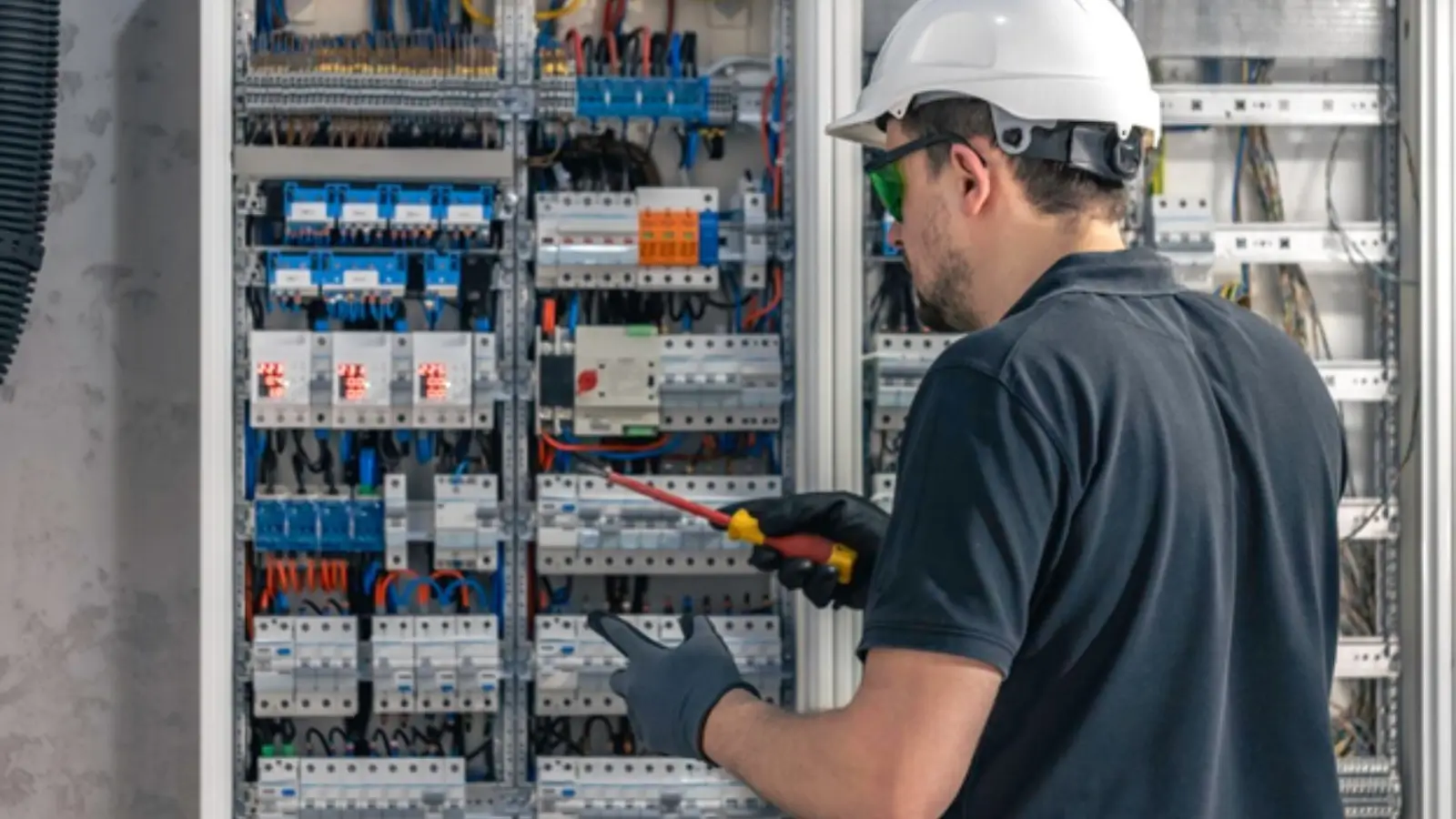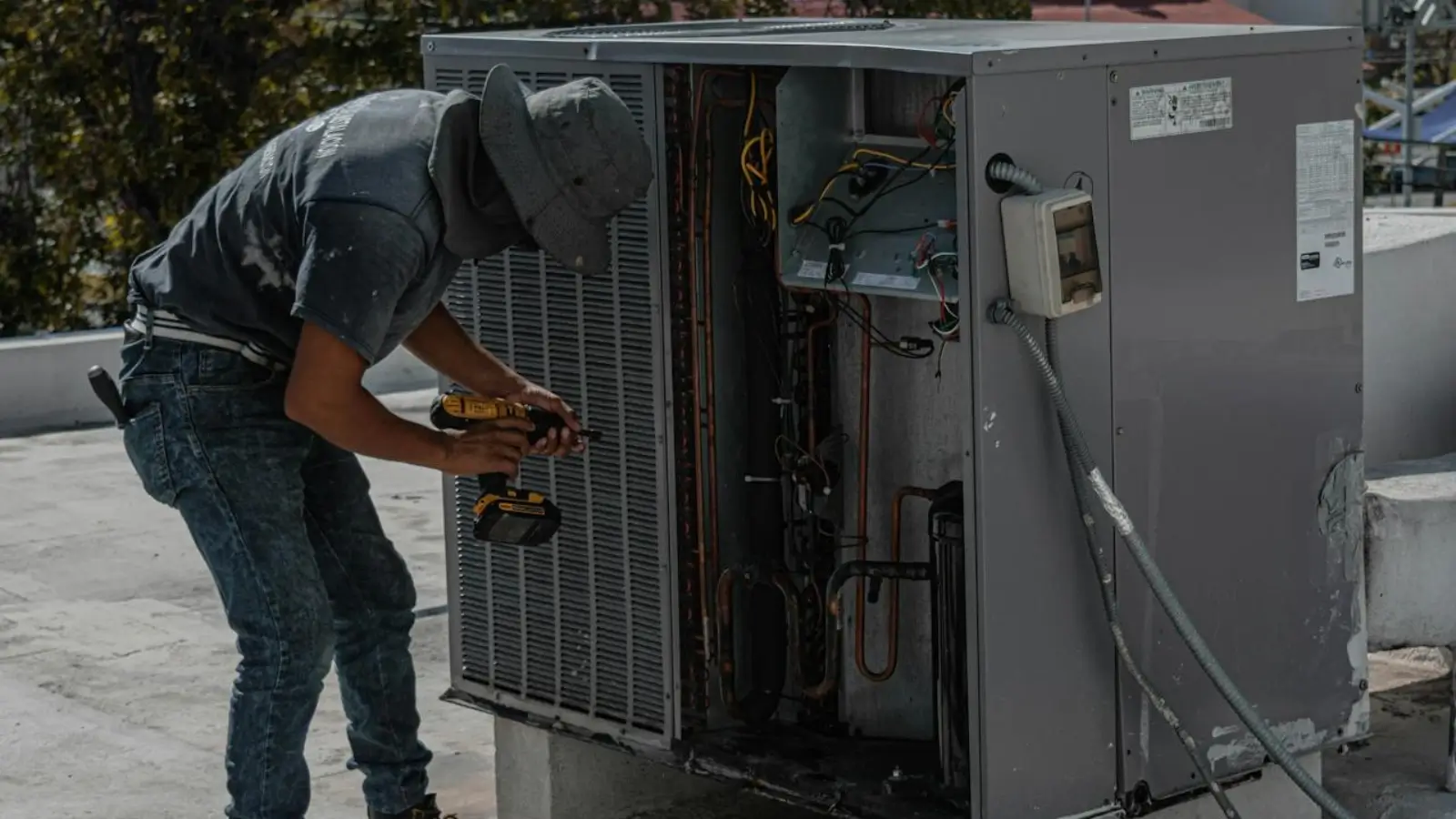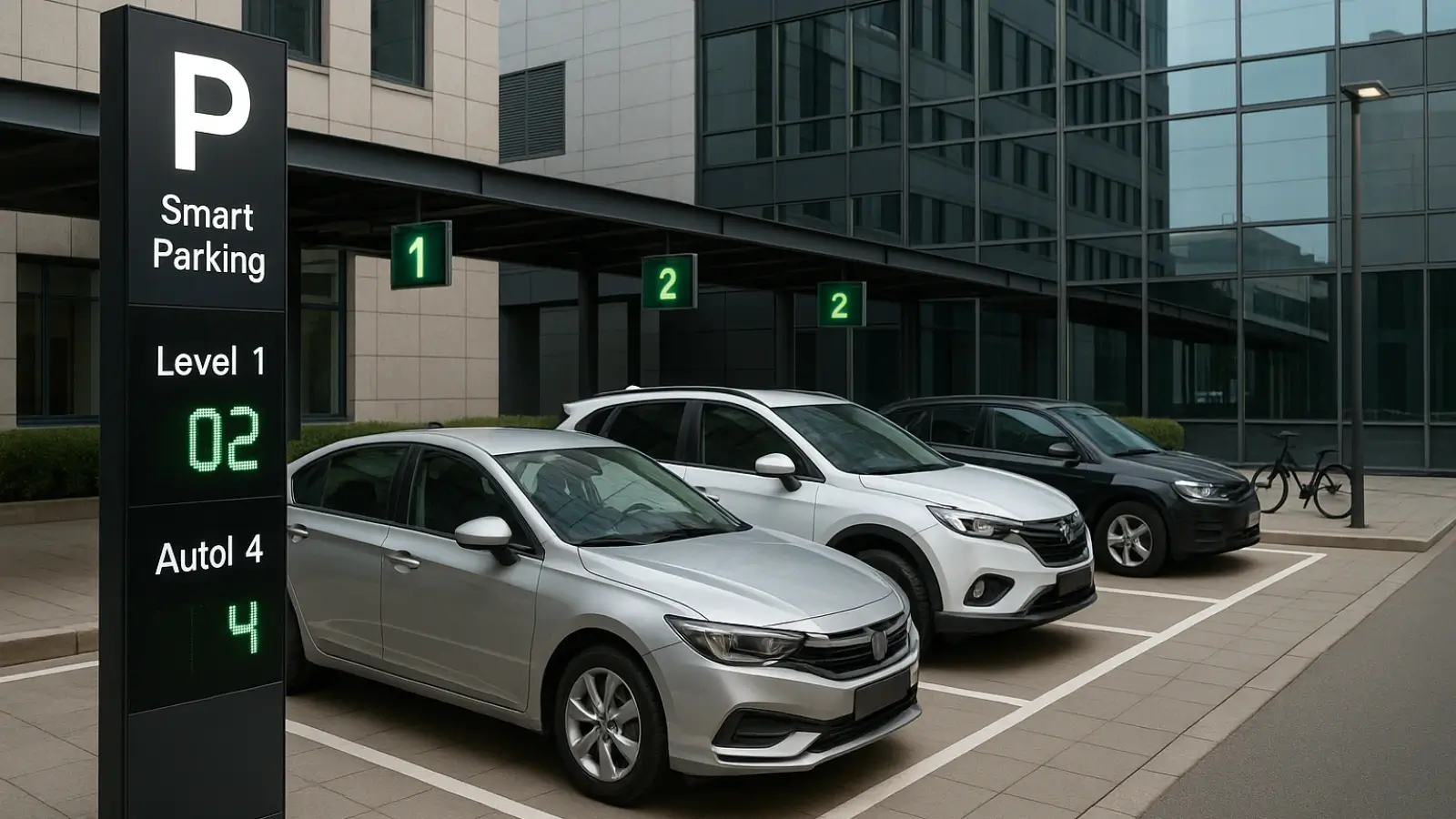When planning an off-grid camping trip, one of the biggest challenges is ensuring a reliable power source. Whether it's for lighting, appliances, or charging devices, a dependable battery is essential for a comfortable and stress-free experience. The issue often lies in choosing the right deep cycle battery for campers that can handle the power demands while being durable and efficient.
Choosing the best deep cycle battery for your camper can seem overwhelming with so many options available. Understanding the key factors like battery type, capacity, and lifespan is crucial to making the right choice. This guide will help you navigate these considerations to find the perfect battery for your needs.
Understand Battery Types
Choosing the right type of battery is essential for your camper’s power needs. Two common types of deep cycle batteries are Lead-Acid and Lithium Iron Phosphate (LiFePO₄).
Lead-Acid Batteries
-
Advantages: Lead-acid batteries are affordable and easy to find, making them a popular choice for budget-conscious campers. They are widely available in various sizes and configurations.
-
Disadvantages: These batteries tend to be heavier, and they have a shorter lifespan compared to lithium batteries. Additionally, they require regular maintenance and need to be kept at a specific charge level to avoid damage.
Lithium Iron Phosphate (LiFePO₄) Batteries
-
Advantages: LiFePO₄ batteries are known for their long lifespan, which can last up to 10 years. They are also much lighter and have deep discharge capabilities, allowing you to use more of the battery’s energy without damaging it. These batteries are low-maintenance and do not require as much care as lead-acid types.
-
Disadvantages: The main downside of LiFePO₄ batteries is their higher upfront cost. However, their longer lifespan and efficiency can make them a better investment in the long run.
Determine Your Power Requirements
Before purchasing a deep cycle battery, it's essential to understand how much energy you need.
-
Calculate Daily Energy Consumption: Begin by calculating the total wattage of the devices you plan to use in your camper. Multiply the wattage of each device by the number of hours you’ll use it daily. This will give you the total daily energy consumption in watt-hours (Wh).
-
Select Appropriate Capacity: Choose a battery with an amp-hour (Ah) rating that can handle your power needs. The higher the amp-hour rating, the more energy the battery can store and supply. For example, a 100Ah battery can provide 100 amps of power for one hour or 1 amp for 100 hours.
Evaluate Key Battery Features
When choosing a deep cycle RV battery, you need to pay attention to several important features:
-
Capacity (Ah): The amp-hour rating (Ah) indicates the amount of energy a battery can deliver over time. The higher the Ah rating, the more power the battery can provide.
-
Cycle Life: This refers to the number of charge and discharge cycles a battery can undergo before its capacity starts to degrade. Batteries with higher cycle life will last longer, making them a better value in the long term.
-
Battery Management System (BMS for Lithium): The BMS protects your lithium battery from overcharging, deep discharge, and overheating, ensuring that your battery remains safe and functional for as long as possible. A good BMS will help maximize the lifespan of your battery.
-
Temperature Tolerance: Different batteries operate optimally within certain temperature ranges. Make sure to consider the climate where you’ll be camping. Some batteries, like LiFePO₄, perform well in a wide range of temperatures, making them suitable for various weather conditions.
Size and Weight Considerations
When selecting a deep cycle battery, it's important to consider both the size and weight to ensure it fits within your camper's designated space and does not add unnecessary load.
-
Space Constraints: Measure the available space in your camper where the battery will be installed. This ensures you select a battery that fits comfortably and doesn’t interfere with other components. The dimensions of the battery will help you determine whether you need a compact or larger unit based on your space availability.
-
Weight Impact: The weight of the battery can affect your vehicle's overall payload capacity. Lithium batteries are typically much lighter than lead-acid batteries, which can be an important factor for campers looking to maximize their payload and reduce the overall weight of their vehicle. Keep in mind that a heavy battery can impact fuel efficiency and handling, especially if you're adding other gear to your camper.
Budget and Warranty
The initial cost of a battery can vary significantly, but it's important to consider the overall value over time.
-
Initial Cost vs. Long-Term Value: While lithium batteries generally come with a higher upfront cost compared to lead-acid batteries, their extended lifespan, greater efficiency, and low maintenance requirements offer better long-term value. Over time, the reduced need for replacement and maintenance makes lithium batteries a cost-effective choice for frequent campers.
-
Warranty Coverage: Always check the manufacturer's warranty to understand what is covered and for how long. A good warranty will offer peace of mind, especially with expensive investments like deep cycle batteries. For example, Redodo’s LiFePO₄ batteries come with a 5-year warranty, offering protection against defects and ensuring long-lasting performance.
Charging Options and Compatibility
Understanding your charging options is crucial to ensuring your battery remains powered efficiently during your trips.
-
Charging Methods: There are several charging options for deep cycle batteries. Solar panels are a popular choice for off-grid setups, allowing you to charge your battery using renewable energy. DC-DC chargers can be used when the camper is connected to the vehicle's alternator, while AC chargers allow charging from mains power when available.
-
Compatibility: Ensure that the battery you choose is compatible with your existing charging system. Some batteries require specific types of chargers to ensure safe and efficient charging, so it's essential to match the battery's requirements with your camper’s setup. Redodo's batteries are versatile and support multiple charging methods, giving you flexibility for off-grid power solutions.
Installation and Maintenance Tips
Proper installation and regular maintenance are essential for maximizing the lifespan and performance of your deep cycle battery.
-
Installation: Always follow the manufacturer’s guidelines for safe and efficient installation. Incorrect installation can lead to damage or unsafe conditions. Ensure that the battery is securely mounted, has proper ventilation, and is connected to the electrical system according to the specifications provided by the manufacturer.
-
Maintenance: Regular maintenance will help extend the life of your battery. Periodically check for any corrosion around the terminals, as this can interfere with the battery’s performance. Make sure the battery is well-ventilated to prevent overheating, and always monitor the charge levels to avoid overcharging or deep discharge.
Recommended Deep Cycle RV Battery
If you're looking for a reliable, long-lasting, and high-performance deep cycle battery for your camper, the Redodo 12V 300Ah Lithium Battery is an excellent choice.
Features:
The Redodo 12V 300Ah LiFePO4 Battery is a high-capacity, space-efficient power solution ideal for RVs, marine systems, and off-grid solar setups. It delivers 3.84 kWh of usable energy with a continuous power output of up to 2,560 W.
Built with automotive-grade LiFePO₄ cells and a robust 200A BMS, it offers protection against overcharge, over-discharge, over-current, short circuits, and overheating.
This battery lasts over 4,000 full charge cycles (up to 15,000 at partial use) and features fast charging (fully recharges in about 5 hours), making it highly durable and efficient.
Its design replaces up to six 100Ah AGM batteries, reducing weight by around 300 lbs and saving 65% in space, while being about 20% more affordable. The ABS casing ensures added safety and long-term use, and it comes with a 5-year warranty for peace of mind.
-
Ideal For: This battery is perfect for extended off-grid camping trips where high power demands are needed, offering long-lasting, efficient energy storage.
-
Price: $549.99
Final Thoughts
Choosing the right deep cycle battery for your camper requires evaluating your power needs, understanding the different battery types, and considering critical factors such as capacity, cycle life, and temperature tolerance. With its long lifespan, high energy capacity, and low maintenance, the Redodo 12V 300Ah LiFePO₄ battery is an excellent solution for campers seeking a reliable and efficient power source for their off-grid adventures.

















